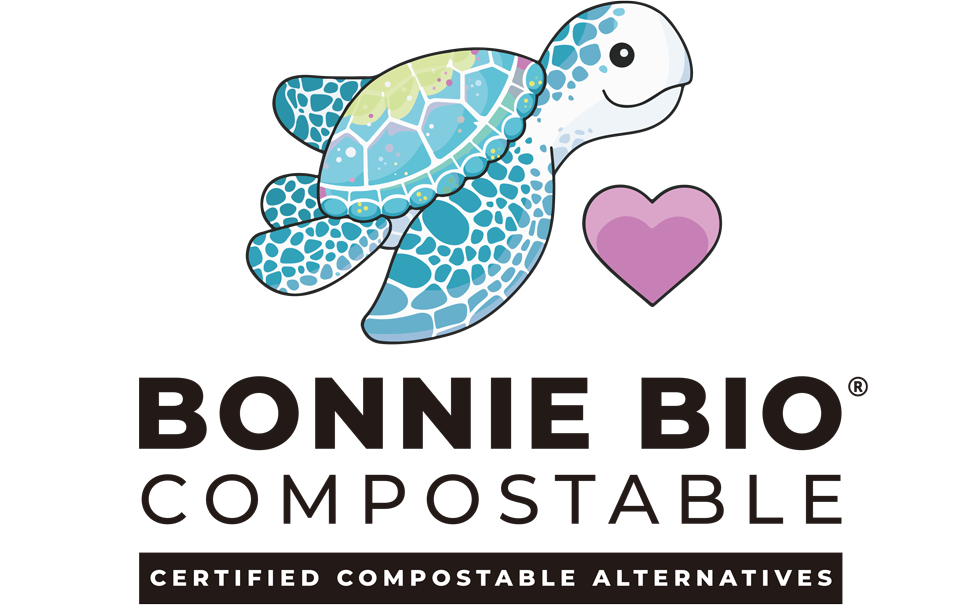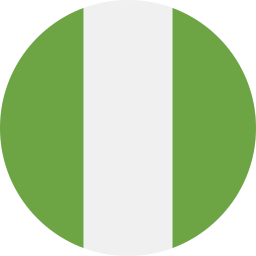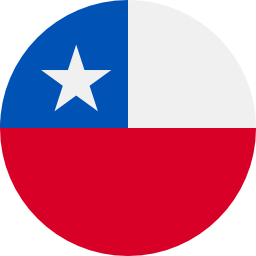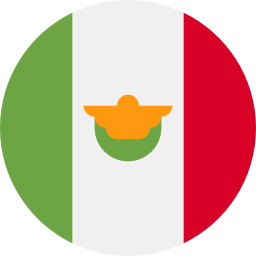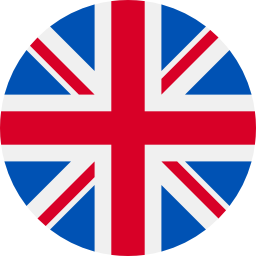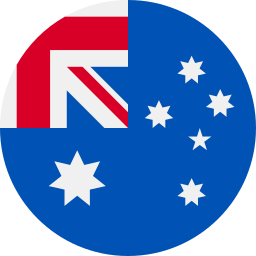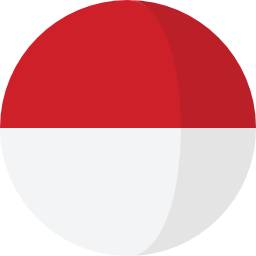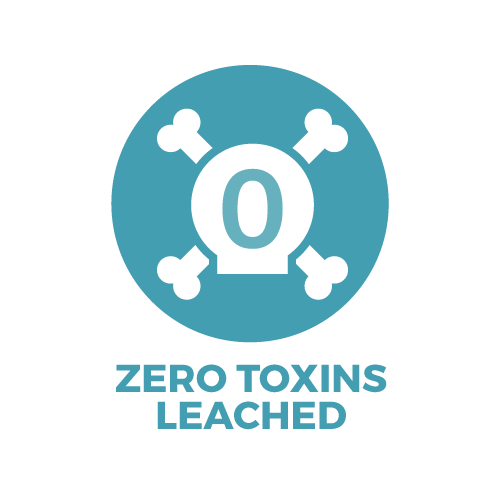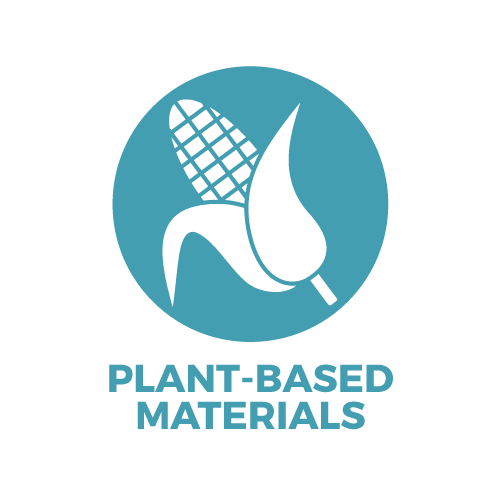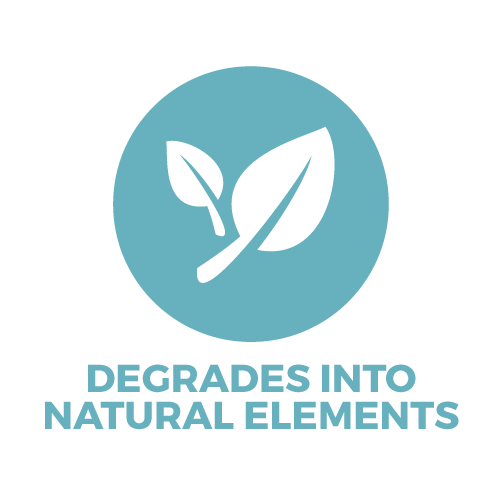We’re addicted to single-use plastics. One million plastic bottles are bought every minute worldwide, and up to five trillion plastic bags are used around the world annually. Half of all the plastic produced is designed for single-use purposes – used once and discarded.
Plastics are now so common in our natural environment they’re becoming part of the Earth’s fossil record and a marker of the Anthropocene, our current geological era. The name for this new marine microbial habitat; is the “plastisphere.”
How did we get here?
From the 1950s to the 1970s, a small amount of plastic was produced, and plastic waste was relatively manageable. However, between the 1970s and the 1990s, plastic waste generation more than tripled, creating a similar rise in plastic production. In the early 2000s, the amount of plastic waste we generated rose more in a single decade than it had in the previous 40 years. Today, we produce approximately 400 million tonnes of plastic waste every year.
What can we do?
Clean a beach. If you live near the coast, join beach clean-ups in your area. Or take your family along on a beach walk and start your own clean-up.
Clean a river. Rivers are direct pathways of plastic debris into the ocean. Join a river clean-up or do your own. The river will look better and benefit its ecosystem and the ocean.
Avoid single-use plastic such as straws, water bottles, and plastic produce bags. Rather use a reusable shopping bag instead of a plastic one. Bonnie Bio’s Hot Water Soluble Tote Bag dissolves in hot water or decomposes into natural elements without releasing any harmful micro or nano plastics into the environment. Opt for a Bonnie Bio PLA or paper straw instead of a plastic one. Watch out for hidden plastics like tea bags, chewing gum, wet wipes and takeaway coffee “paper” cups. Takeaway paper cups are often lined with plastic.
Avoid highly processed foods and begin using homemade recipes. Bonnie Bio’s products are sometimes mistaken for plastic as they look the same and do the same job, however, they are certified compostable and a better option. So, check if the takeaway cutlery says 100% compostable on the cutlery set, or, bring along your own utensils and ditch the plastic guilt.
Travel sustainably. On holiday, watch your single-use plastic intake. Refuse miniature bottles in hotel rooms, take your own reusable drinking bottle and use reef-safe sunscreen, without microplastics.
Dress sustainably. The fashion industry produces 20% of global wastewater and 10% of global carbon emissions. That’s more than all international flights and maritime shipping combined. Consider sustainable clothing lines, and vintage shops and mend your own clothes when possible.
Choose plastic-free personal care products. Personal care products are a major source of microplastics, which get washed into the oceans straight from our bathrooms. Look for plastic-free face wash, day cream, makeup, deodorant, shampoo and other products.
Bonnie Bio’s product range is made from natural ingredients with no chemical additives to ensure non-toxicity and allow for complete compostability. Take a look here and start making a difference, today.

